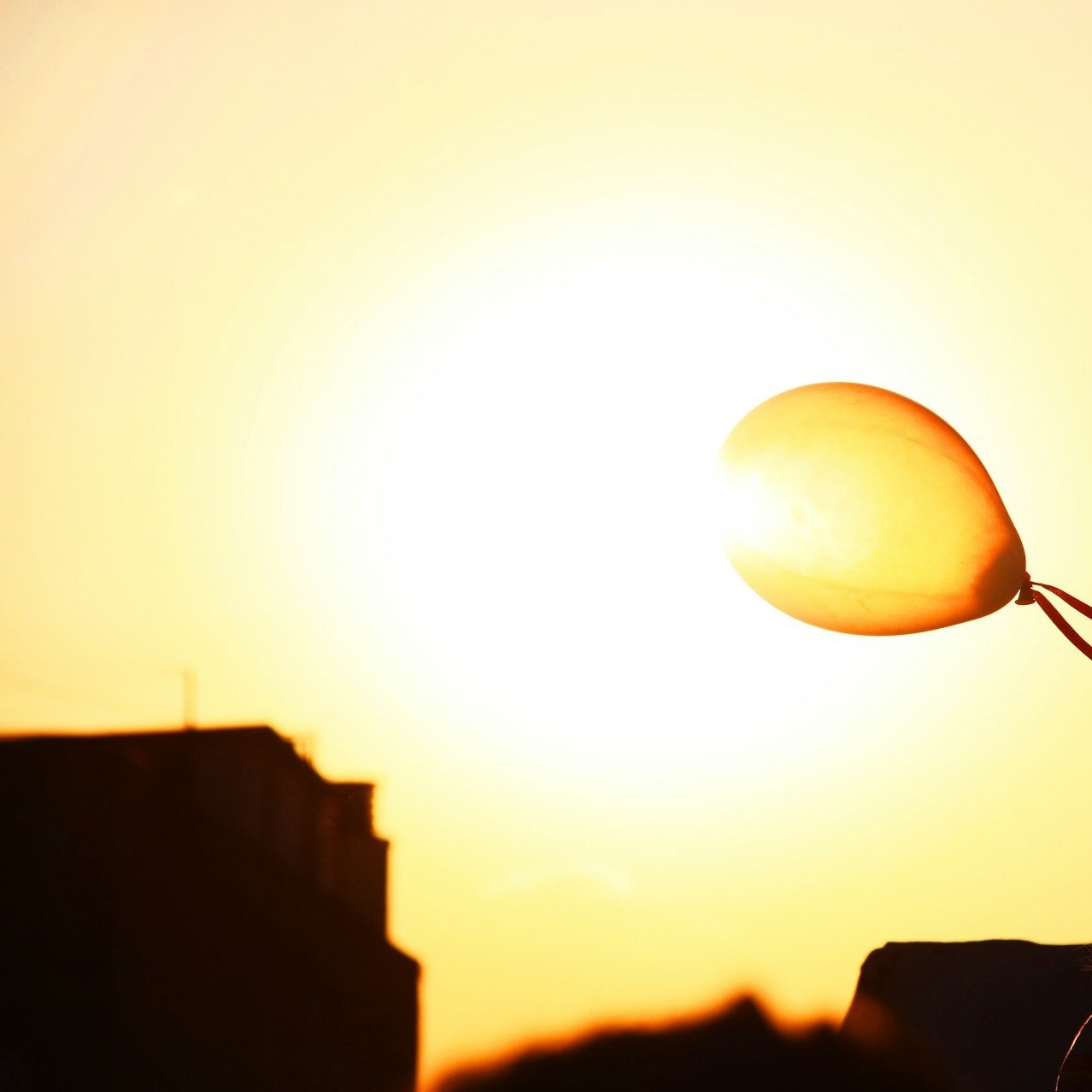
Key takeaways
- The majority of skin cancers are caused by too much UV radiation from the sun and sunbeds
- The most effective way to protect the skin is by covering up
- Using sunscreen does not prevent the body from making vitamin D
- Pay close attention to applying sunscreen to all areas of exposed skin and regularly reapply
A small amount of sun exposure helps the body make vitamin D, which keeps our bones, muscles and teeth healthy. However, overexposure to the sun’s powerful UVA and UVB rays can cause damage to our skin cells, which may lead to skin cancer. In this article, Rachel Rawson, Lead Cancer Nurse Specialist at Perci Health, looks at how we can stay safe in the sun and reduce our risk of skin cancer.
Why is it important to stay safe in the sun?
The majority of skin cancers are caused by too much UV radiation from the sun and sunbeds. UVA and UVB are the two main types of sun rays, and both cause skin cancer by damaging the DNA in the skin cells. You can protect yourself and reduce the risk of skin cancer by staying safe in the sun.
How to protect your skin from the sun
- The most effective way to protect yourself from harmful rays is to cover your skin. Wearing loose-fitting clothes made of natural fibres such as cotton or linen can help you stay cool while keeping the sun off your skin. Tightly weaved fabrics offer better coverage.
- It’s important to think about areas of the body that are more regularly exposed to the sun, like your ears, face and neck. Wearing a wide brimmed hat can help to block out the sun and keep you cool.
- Wearing sunscreen which blocks UVA and UVB rays is a great way to protect skin that is exposed to the sun, and it doesn’t stop our body from making vitamin D. Even though we live in a cooler climate in the UK we are still exposed to the sun’s rays so sunscreen shouldn’t just be used when in hot countries.
- Using a UV protective lip balm helps protect the sensitive skin of our lips
- Our eyes are also at risk by being exposed to the sun so wearing sunglasses that protect against UV should be worn when in the sun.
- Sitting in the shade, particularly when the sun is at its strongest between 11am and 3pm is a good way to stay safe.
- Sunbeds are known to cause cancer so it’s best to avoid using them.
How to know which sunscreen to use
Sunburn increases your chances of developing skin cancer. In 2022 40% of British people reported at least one case of sunburn. Correct sun care and application of sunscreen could help prevent this.
Sunscreens are made by many different manufacturers, and come in different forms, Sun Protection Factor (SPF) factors and application methods. Choosing the right sunscreen can be confusing.
SPF is an indication of the level of protection offered from UVB rays. The British Association Of Dermatologists (BAD) recommends using a sunscreen with SPF 30 or higher.
It’s important to think about UVA protection too, which is indicated by stars on packaging. BAD recommends a sunscreen of four or more stars to protect against UVA rays.
How to apply sunscreen correctly
When applying sunscreen you should always read the label and follow the manufacturer’s instructions. The NHS recommends applying sunscreen half an hour before going out in the sun and immediately before going out. Six to eight teaspoons of sunscreen is enough for the average adult, to cover their body. Applying it too thinly reduces its effectiveness.
Studies have shown that people often miss up to 10% of their face when applying sunscreen. The face, especially on people with fair skin, is a common place that skin cancers are found. To get good protection pay close attention to the hairline, ears, lips and eyelids.
Paying attention to the application and reapplying sunscreen regularly is very important. As a guide you should reapply after two hours or after being in the water, even if the sunscreen is water resistant.
Perci’s Cancer Nurse Specialists are available if you want to discuss your risk of skin cancer, and can help you make a plan to stay safe in the sun.
While we have ensured that every article is medically reviewed and approved, information presented here is not intended to be a substitute for professional medical advice, diagnosis, or treatment. If you have any questions or concerns, please talk to one of our healthcare professionals or your primary healthcare team.
References:
Sunscreen application does not prevent vitamin D production in the majority of people,’ bad.org.uk, May 2019, ‘https://www.bad.org.uk/sunscreen-application-does-not-prevent-vitamin-d-production-in-the-majority-of-people/
‘Sun safety,’ britishskinfoundation.org.uk, accessed July 2024, https://www.britishskinfoundation.org.uk/Pages/Category/sun-safety?gad_source=1&gclid=Cj0KCQjws560BhCuARIsAHMqE0EHx2DnPC5yy0DJdMvHcdxIZefiHecHgFw3s5kE_CUW4i0r8YbvjGgaAuBbEALw_wcB
‘Sunscreen and sun safety,’ nhs.uk, Dec 2022, https://www.nhs.uk/live-well/seasonal-health/sunscreen-and-sun-safety/
‘Sun safety,’ cancerresearchuk.org, Nov 2023, https://www.cancerresearchuk.org/about-cancer/causes-of-cancer/sun-uv-and-cancer/sun-safety
‘Preventing further skin cancers,’ macmillan.org.uk, Feb 2021, https://www.macmillan.org.uk/cancer-information-and-support/skin-cancer/preventing-further-skin-cancers
‘Sun protection advice for the UK during lockdown,’ bad.org.uk, May 2020, https://www.bad.org.uk/sun-protection-advice-for-the-uk-during-lockdown/
‘Misapplication of sunscreen leaving people vulnerable to skin cancer,’ bad.org.uk, Jul 2017, https://www.bad.org.uk/misapplication-of-sunscreen-leaving-people-vulnerable-to-skin-cancer/
‘40% of Brits sunburnt in 2022’s extreme heatwave,’ bad.org.uk, May 2023, https://www.bad.org.uk/40-of-brits-sunburnt-in-2022s-extreme-heatwave/
‘Sunscreen and sun safety,’ nhs.uk, Dec 2022, https://www.nhs.uk/live-well/seasonal-health/sunscreen-and-sun-safety/